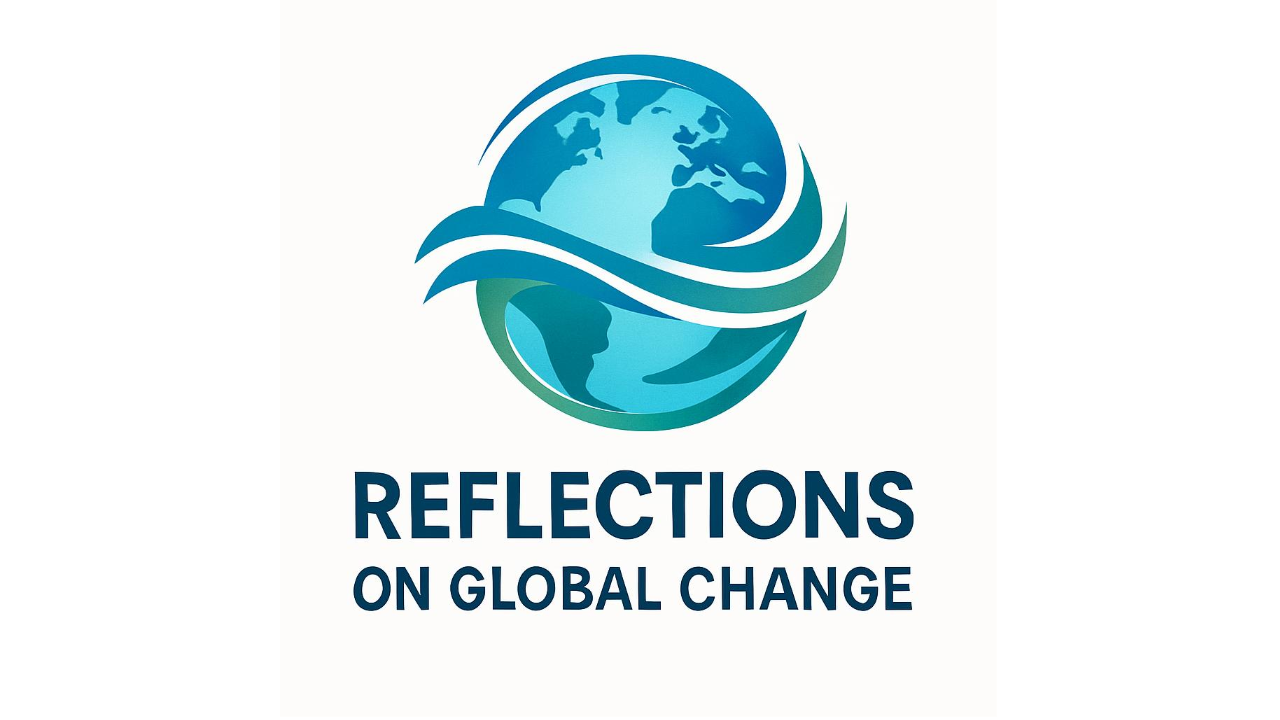Evolving Geopolitics: The Perspective of Pasquale Preziosa
This collection of articles by Lieutenant General (Retired) Pasquale Preziosa presents a comprehensive analysis of the rapidly transforming global geopolitical landscape, examining how traditional international orders are eroding while new power dynamics emerge.
The New Nuclear Age: The report identifies a dangerous “second nuclear race” driven by China’s nuclear expansion plans, fundamentally destabilizing the existing strategic framework. This new competition differs from the Cold War era, featuring shortened reaction times due to hypersonic weapons, increased reliance on artificial intelligence in command systems, and the emergence of a three-way nuclear competition between the US, Russia, and China. Traditional deterrence models are breaking down as hypersonic technologies render existing missile defense systems obsolete.
European Strategic Challenges: Europe faces an existential choice between three scenarios: maintaining current structures while risking irrelevance, pursuing systemic organizational reform, or undertaking radical transformation into a federal defense union. The analysis emphasizes Europe’s urgent need to develop autonomous defense capabilities, particularly in hypersonic defense, space operations, and cyber warfare, while avoiding fragmentation that could undermine unity.
Global Power Realignments: The report examines shifting dynamics in South Asia, where traditional U.S. influence is waning as regional powers like India pursue strategic autonomy while China leverages infrastructure projects (such as the massive Yarlung Tsangpo dam) as geopolitical tools. Turkey’s neo-Ottoman aspirations and Russia’s re-emergence as an arms partner further complicate regional alignments.
Technology and Geopolitical Power: A critical theme throughout is how technological supremacy, particularly in artificial intelligence and semiconductors, is reshaping international competition. China’s systematic approach through five-year plans to achieve AI hegemony by 2030 contrasts with more fragmented Western responses. The rise of transnational tech elites creates new power centers that transcend traditional state boundaries.
Institutional Decline: The analysis documents the erosion of multilateral diplomacy, replaced by media-driven foreign policy and spectacle over substance. Traditional diplomatic institutions like the OSCE and UN Security Council are increasingly marginalized as unilateral actions and public communications dominate international relations.
Key Implications: The report concludes that the current transition represents not merely a shift between great powers, but a fundamental transformation of the international system itself. Success will depend on the ability to adapt to technological change, maintain strategic autonomy, and develop new forms of cooperation that can address transnational challenges while managing intensifying competition between major powers.
This analysis provides essential insights for understanding how technological advancement, nuclear proliferation, and the rise of new actors are fundamentally reshaping the global order in ways that demand realistic and significant strategic responses from traditional powers.
Download Report
Enter your name and email below to download the report directly.

